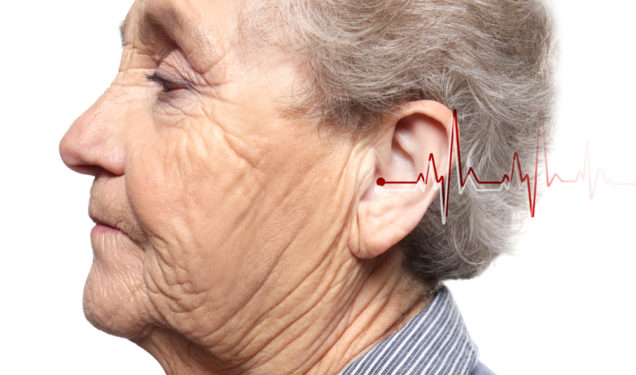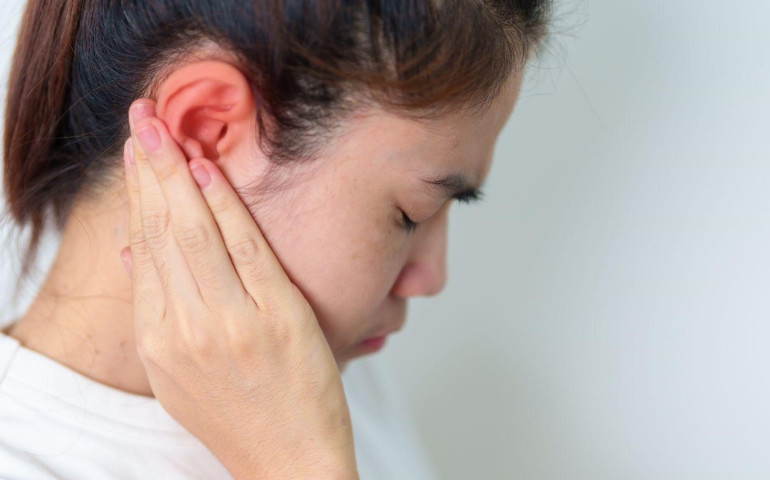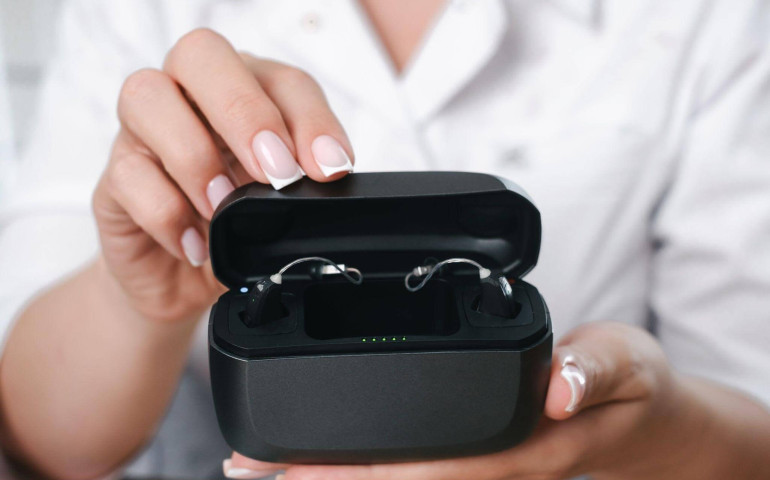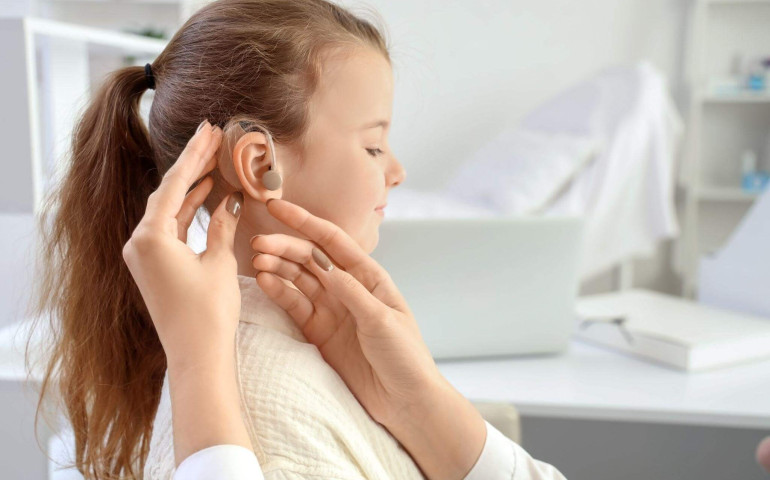Over five percent of the world’s population has some type of hearing issue. Hearing issues can occur because of exposure to loud noises, age, illness, and other factors. Here are some factors that affect hearing, and what you can do to prevent it.
Loud Noises
Fifteen percent of Americans between the ages of 20 and 69 have some level of noise-induced hearing loss, according to The National Institute On Deafness and Other Communication Disorders. Noise pollution – from things like gunshots, headphones, and machinery – can seriously damage your hearing. There are a number of things that you can do to help protect your ears from these type of noises. Firstly, keep the noise levels you are exposed to at no more than 80 decimals. Anything above 80 decimals can cause hearing loss. When looking for appliances consider their noise rating. When you are involved in noisy work or other activities, wear hearing protective devices. These devices include earplugs and muffs rated for noise reduction.
Age
Presbycusis is the most common type of age-related hearing loss. It happens gradually, and is the result of the tiny nerve hair cells dying. Often those who suffer from this type of hearing loss lose their ability to reduces their ability to hear higher pitched sounds. Around 30 to 40 percent of older people suffer from this type of hearing loss.
Smoking
Studies have shown that 70 percent of people that smoke will have some sort of hearing problems. The nicotine and carbon dioxide in the cigarettes causes blood vessels to tighten, so the hair cells in the ear can die of asphyxiation. Nicotine can also affect the messages sent through the auditory nerve.
Prescription Medication
There are over 200 Ototoxic medications according to the American Speech Language Association. These medications can affect your ability to hear. Some of the medications that affect hearing include Ibuprofen, Aspirin, diuretics, certain antibiotics, and antidepressants. When you take medication that your doctor prescribes be sure to note any hearing issues that you notice.
Compacted Ear Wax
When ear wax gets compacted into your ear, improper removal can make things worse. Do not use a q-tip to try and remove the wax as it could push the wax in deeper. Instead, use an in-home irrigation kit to gently wash the ear wax away.
Signs That You May Need A Hearing Test
Hearing problems can appear as a gradual problem, and you might not notice. One sign is that people are complaining about you screaming, or keeping the T.V on too loud. Other signs include having difficulty hearing people face to face or on the telephone. You may also want to get a hearing test if you hear continuous ringing in your ears.
To learn more ways to prevent hearing loss, please contact Beltone DFW today.






